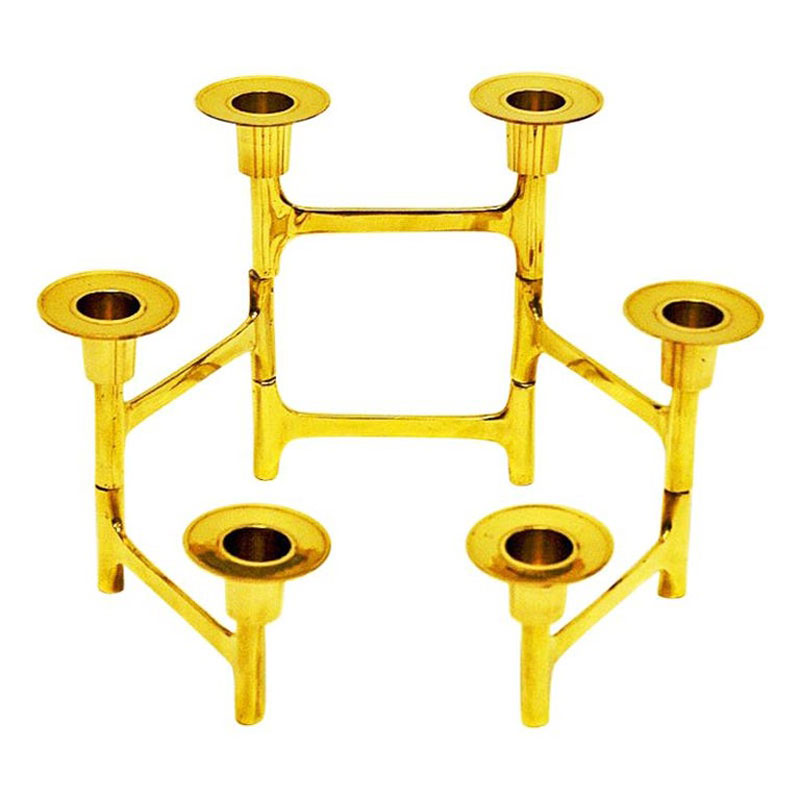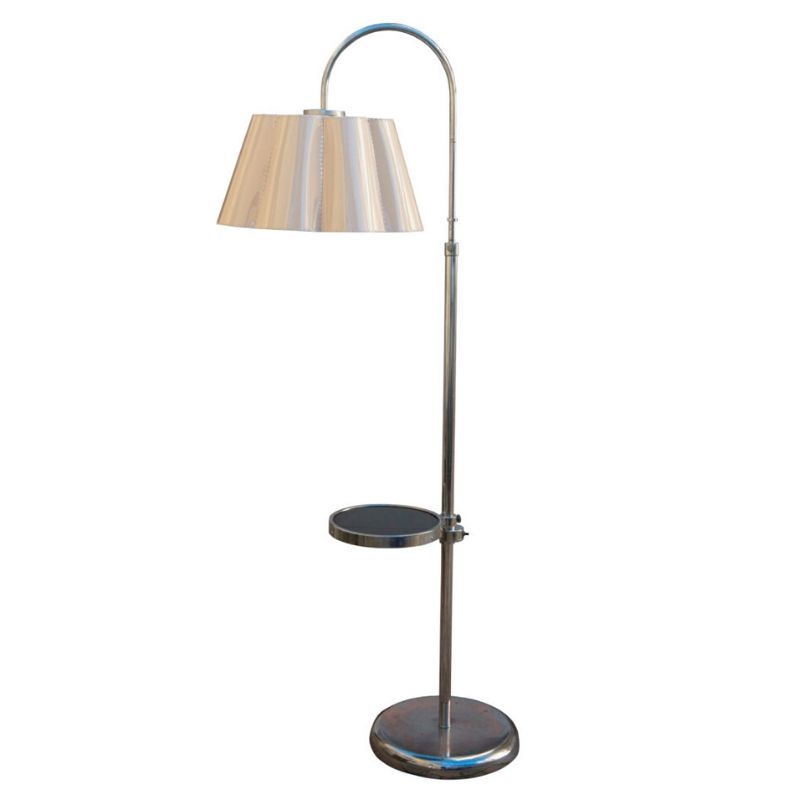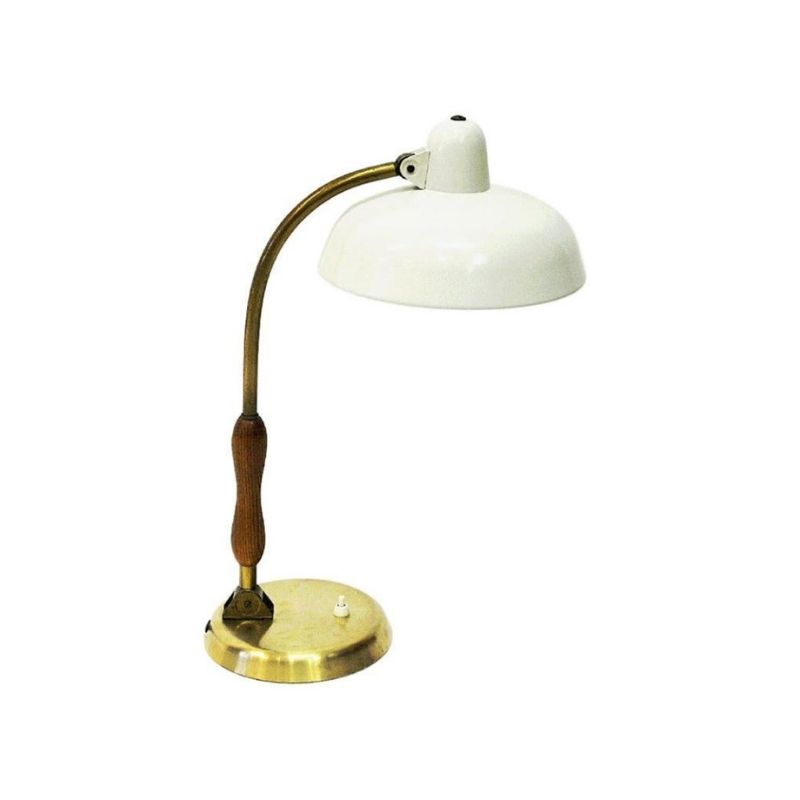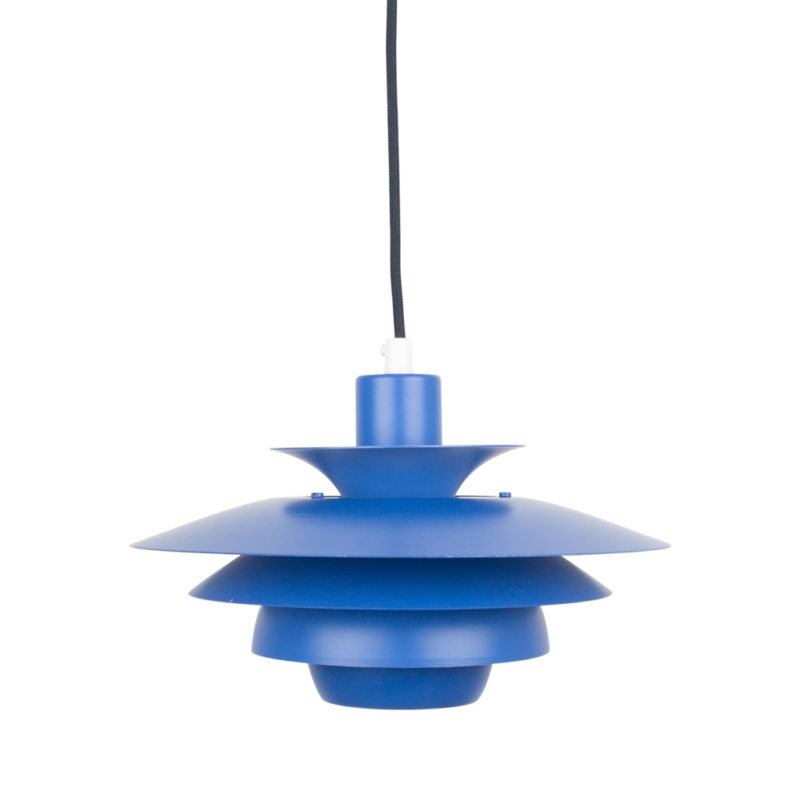I am holding in my hand a simple, white, essentially modern ceramic coffee mug not unlike what one might find in a coffee shop not trying to cheat you out of coffee with cups that narrow at the base.
If it were all white, I reckon it would pass for a pedestrian, perfectly adequate example of the modern,or perhaps the functionalist, form of a coffee cup.
The cup is perfectly cylinderical, but for a small rim on the base. It is slightly taller in height than it is wide in diameter. It has a simple ovoid handle just right for index and middle fingers to slip through (something all too often missing in coffee cups). The thumb rests comfortably on the top of the handle, though the handle is not sculpted to receive the thumb. The handle is just thick enough, not too much. All in all, it is very serviceable, rationally designed coffee cup. It is easy to drink from.
The only thing that keeps this coffee cup from being a perfectly serviceable example of the modern is this: it has a painted picture of a mallard duck with a green head and ring neck and brown body painted under the glaze on one side of the cup. On the other side, it has a facsimilie of the same mallard under the glaze, but it is a quarter of the size of the mallard on the opposite side. Kind of tacky, but I like the big duck, so I choose to overlook the little one. I am collaborating creatively in the design.
As a rule, I detest anything that is hunter chic, or ornamented with fox hunts, etc. and this is borderline hunter chic. It has a green pin stripe at the lip of the mug and a green pin stripe at the base, so the cup and its duck are not without color coordination. Still, I like the duck and enjoy drinking coffee out of the cup and enjoy looking at the duck between sips. So shoot me.
The cup has a brand label on its bottom: DUKA, perhaps as in Stuka. It also indicates it was made in Bavaria, even though the only DUKA ceramics business I find on Google indicates Slovenia.
cont.
All of which raises a serious question--in my mind, anyway: can a coffee cup be modern and have a naturalist picture of a duck (or of anything)on it?
If not, why not?
Or is such a cup an example of a functionalist design?
Or is it just a bastardization of one or the other, or both?
I think my cup with the duck raises interesting questions about what is modern, what is functionalist, and what is bastardization, and what makes persons like their coffee cups, and their artifacts in general.
I like the modernity of this cup's basic design.
But I could easily find a coffee cup almost identical to this one that was plain white.
The fact is: I like looking at this duck.
To be a modern, am I disallowed the pleasure of a modern coffee cup with a duck on it?
To be a functionalist, am I allowed the pleasure of a functionalist coffee cup with a duck on it?
Doe my pleasure from looking at the duck on my cup, and preference for doing so, suggest that I have lousy taste?
Why should one only be permitted to gain pleasure from the form of a modern coffee cup? Why can't a modern coffee cup have a pleasurable naturalist picture on it?
The Post Moderns asked: why can't we have complexity and contradiction--modernist form and ironic ornament?
Perhaps I am hinting here at a Post Functional chic: why can't we have functionalist form, or even modernist form, with pleasurable, non ironic ornament?
Just curious.
Modern coffee cups
There is a lot that could be said, but to be succinct: if you hang a 16th century painting in a modern design house, it is still a modern house.
BTW, there are a lot of functional advantages to a narrowed or rounded bottom cup, and they aren't necessarily that way to give the illusion of more coffee. Just for example, a rounded bottom is needed to make a proper cappuccino.
There are many aspects of traditional mugs that people assume are there for a good reason, but they are really just an artifact of the design or manufacturing process. A perfect cylinder is really a far from ideal mug shape. Sippy cups for toddlers provide an example of a cup that is actually designed around the function instead of around the manufacture. I also present as an example my coffee cup design.
(edited by DA - no advertising please)
signifier of well-being
I recognize another reason for appreciation that is unrelated to aesthetics. It has more to do with a personal sense of well-being, comfort. Objects of kitsch or truly bad taste, as well as, totally ill-functioning objects can become valuable and reassuring. Usually this develops with familiarity or nostalgia but sometimes an instant attachment - an unexplainable "I like it moment" happens between a person and an object that is sustainable over time even if it appears to stick out like a sore thumb among other possessions.
kixrix...
You post a great question. If there is a functional reason for the rim on the bottom of cups, then at least they could make the rim intermittent so the water would not collect on the bottom in a dish washer. Thank heavens someone else is annoyed by this. Thought I was losing it. 🙂
Lux-Delux...
Your cups are splendid looking.
But I have a question about their function.
First, I usually prefer a two-finger cup. You cup seems to be the single finger with a thumb approach. I wonder if it "holds" well?
Second, I have used a few single-finger coffee cups with handles that were shaped so that they forced my finger inside the handle up against the hot surface of the side of the cup. It is unpleasant to me. Does you job avoid that problem?
Thanks for sharing the photos. They appear beautifully made and thoughtfully designed.
~
I've really never understood the need for any sort of a handle on the side of a coffee mug. I prefer to grab the warm ceramic mug from the side, hoping my hot left hand will keep the sludge steaming. If the mug is too hot to grab..goodness, my tender lips might blister. Now a cup and saucer combo..bring on the handle, and point your pinky finger toward the sky. My crude way of keeping my java warm in a cup/saucer is to put the saucer over the cup whist not sipping.
Carry on.
Lipstick on a pig and it's...
Lipstick on a pig and it's still a pig.
When we think of modern decorative arts and architecture...the form is the art not art applied to the form. Makes sense? Modern art is an entirely different discussion.
But I don't think this rule should completely disqualify your duck emblazoned mug. Like others said... It is after all, the mug which is most important, not what's on it.
To me, for the most part, everything is functional. It is the user and the needs of the user that makes it functional. Glasses aren't functional for me, but to others an everyday necessity. The question is guess, is "how functional"? Lux's mug looks fantastic, and deeply thought through. It certain presents itself as more ergonomic, but more functional?
I believe the rim on the bottom of a mug is to minimize heat exposure to surfaces. Likely an unintended consequence, but I rather a water ring on a table than a water blob. Perhaps when electromagnetic technology improves, floating coffee mugs?
A mug has a handle, a cup doesn't. I too grab the body of a mug, the handle provides "support" and reassurance to my finger tips.
None taken Jesgord. When...
None taken Jesgord. When someone asks me for a mug, I get them what we consider a "coffee cup". When asked for a cup, the opposite, no handle, is implied. Bringing up "tea cup" (coffee cup) was a valid reminder of language usage.
Lovin' cup is another thing.
If you need any help, please contact us at – info@designaddict.com









